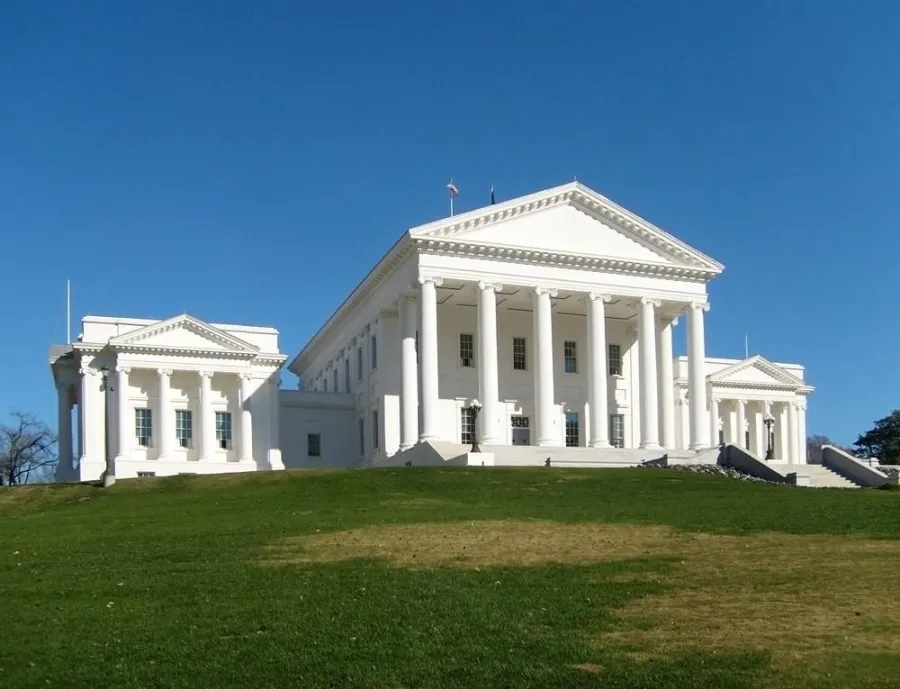Virginia Collective Bargaining Bill Aims to Give Essential Workers a Voice

In early March, Virginia lawmakers passed a bill expanding collective bargaining to public sector employees, signaling a huge win for the rights of public service employees in the South. Gov. Ralph Northam has until April 11 to sign the bill into law or it will expire, ending the chances for Virginia public service workers to have collective bargaining rights this session.
But he hasn’t – yet.
A coalition of public worker unions called “Stronger Communities, A Better Bargain,” which includes AFSCME, is calling on the governor to sign the bill, the final hurdle to this win for public service employees in Virginia.
During a time when public service workers are stepping up and carrying the lion’s share of the response to the COVID-19 outbreak, state and local governments should be expanding protections for them and ensuring they have a voice on the job.
In a letter to Northam, AFSCME President Lee Saunders wrote, “The current crisis only underscores the importance of public service workers having a voice to advocate for themselves and the people they serve.”
“When we have a seat at the table, we fight for community-wide benefits – everything from manageable caseloads that allow social workers to give proper attention to children, to protective equipment ensuring front-line workers can safely do their jobs,” Saunders added.
While opponents say that the pandemic is a reason to delay the bill, AFSCME and other coalition partners strongly disagree.
In an interview with Virginia Public Media, elementary school teacher Durann Thompson from Fairfax County said teachers’ voices have been disregarded as instruction moved online and schools were shuttered.
“We are front-line employees,” Thompson said. “Although I’m working from home, we’re trying to figure out how to get this instruction out to our students. The administration is making decisions and we have not been consulted.”
While the COVID-19 crisis poses serious issues for state and local governments to get the resources they need, denying collective bargaining rights for public service employees who risk their lives daily during this time is not the solution. These workers are performing essential services, further ensuring that our communities are getting the support they need during the pandemic.
Virginia is one of only three states – along with North Carolina and South Carolina – to explicitly prohibit all public service workers from bargaining collectively.
The bill sent to Northam is modest in scope compared to the measure sponsored by AFSCME member and state Delegate Elizabeth Guzman, which the House of Delegates approved in February. Still, the final bill that emerged out of the Virginia General Assembly is a good first step in giving the state’s public service workers collective bargaining rights so they can better fight for their communities.
